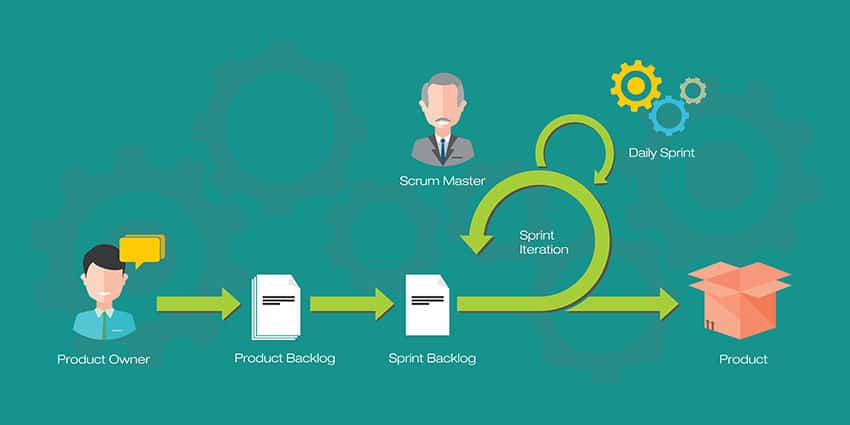One of the pervasive challenges for lean leaders and manager is fostering a culture of management accountability within your organization.
Many managers may take pause at the idea of actively cultivating accountability amongst team members. Isn’t this concept intrinsic, an internal motivator workers either have or don’t?
Believe it or not, managers can work to create accountability within the ranks of their employees. And even more important is for a company’s execs to ensure the leadership has bought into this high-level concept of accountability and everything that means on a day-to-day basis.
Manager buy-in is necessary to properly implement accountability measures within an organization. Without their participation, it’s difficult to impossible to motivate workers below them to follow suit.
Luckily, there are numerous ways to improve accountability within the managerial ranks. Here are a handful of helpful tips to get leadership on board.
Take a Hard Look at Payment Structures
It’s hard to find a better motivator in the workplace than cold, hard cash. Which is why it’s integral for leadership to put your company’s compensations practices under a microscope when you’re looking to build accountability (both among employees and management).
One recent survey from Towers Watson shows that a whopping 24 per cent of organizations that responded offered up bonuses to workers who couldn’t even meet the lowest performance measures within the company.
This creates a toxic culture in two ways: first, you’re obviously rewarding the employees who least deserve it when looking at performance merits. Secondly, you’re lowering the morale of the employees and managers who are invested in the organization, work hard and yet don’t receive any special compensation.
So, are you tendering extra money to your poorest performers? Take a hard look to make sure you don’t.
Help Managers Manage Better
This may be a broad point, but there are some specific ways execs can help make their managers more effective. One of the culprits behind a general lack of accountability within an organization is conflict avoidance. Managers may simply avoid conflicts with employees because it’s easier.
However, avoiding every potentially tense conversation or interaction isn’t productive and often prevents employees being held accountable for their actions and/or performance. So it’s a smart practice for business leaders to help managers stop avoiding conflict. Working through issues and resolving them in a constructive manner is a far more effective way to manage, so help your leadership learn these integral skills. Nurture this management trait, and accountability will likely follow.
Walk the Walk Yourself
While this is basic advice, it’s also one of the most effective methods for fostering culture of accountability. Look at your own actions in the workplace through the lens of accountability. Do you lead by example? Do managers see you holding your direct reports accountable on a regular basis? Do you play favourites, or not measure out rewards or disciplinary actions fairly amongst managers?
Walking the accountability walk yourself sets a powerful example for your company’s managers and employees to follow. When they see you making this a priority yourself, it can have a trickle-down effect.






